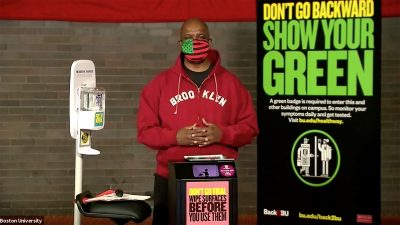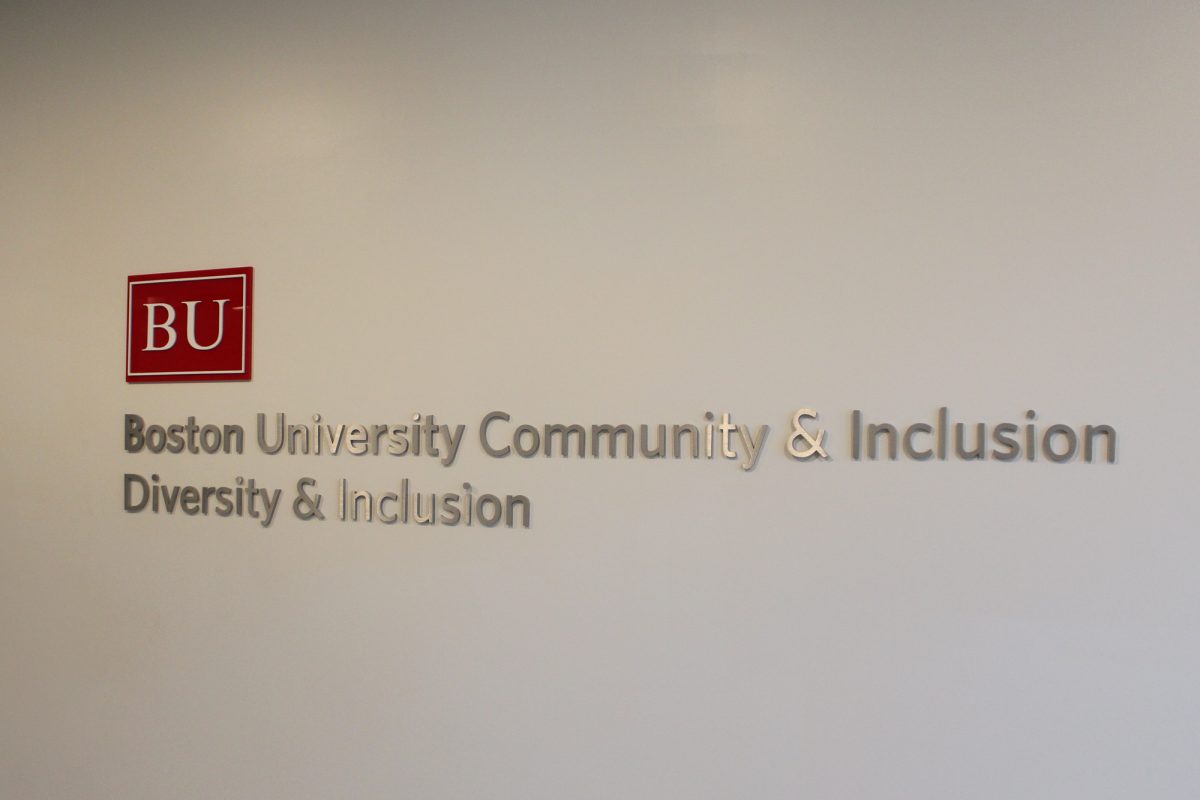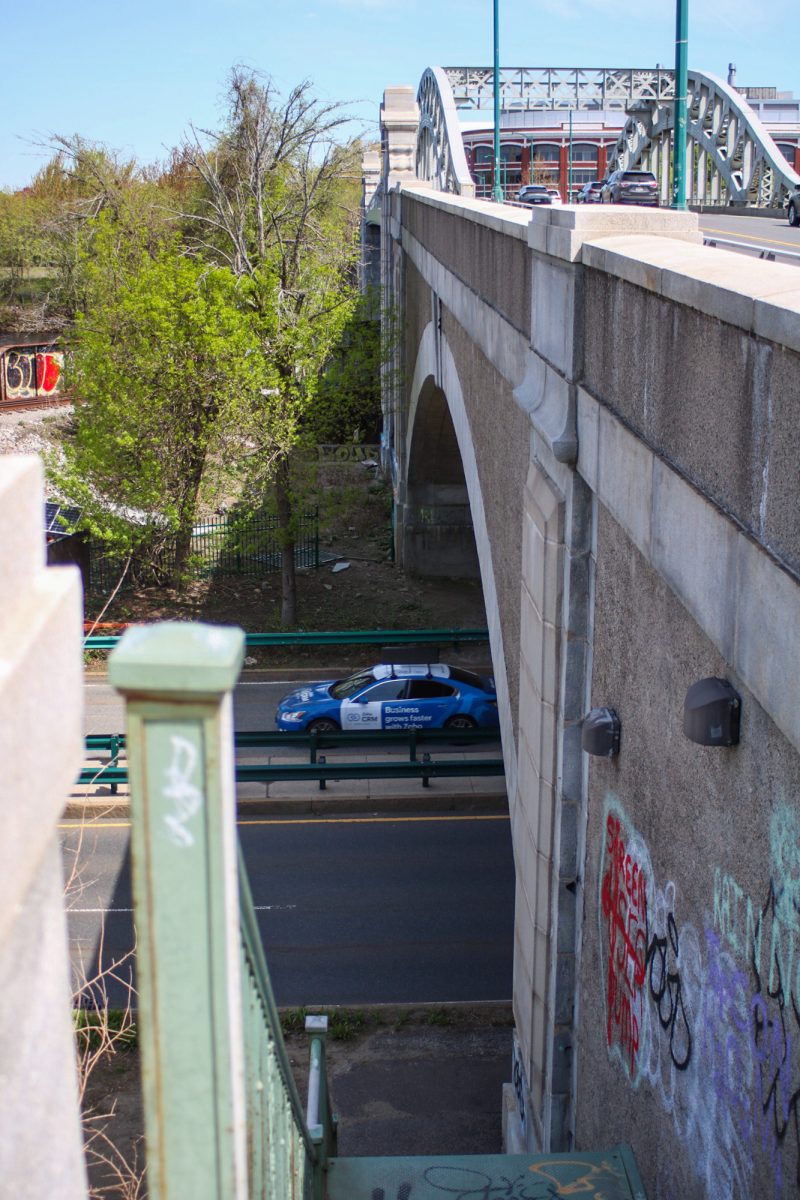Boston University officials discussed plans for the Spring semester in a series of three virtual Back2BU panels hosted by Dean of Students Kenneth Elmore Wednesday, Thursday and Friday.

The Zoom sessions included information on COVID-19 safety and what students can expect upon their return to campus.
Director of Student Health Services Judy Platt said during Friday’s panel that students should be conscious of what factors play into the spread of the virus.
“The things that we know that really work to reduce viral transmission are masking and physical distancing and good hand hygiene,” Platt said, “so keep those three things in mind.”
Platt said increased transmission often occurs when households are mixed, and students should consider who they interact with in the days and weeks before coming back to campus.
When travelling to BU, Platt encouraged students to get a COVID-19 test 72 hours before arrival. Students are also required to schedule a test on their move-in day and must show residence halls their test is scheduled once they are checked into their dorm.
If negative, these tests will satisfy the travel quarantine requirements of Massachusetts, Platt said.
“It’s really helpful to get a negative test prior to your travel,” Platt said. “That really helps to make you aware of what your status is.”
Students will have to show residences halls that their test is scheduled once they are checked in.
All undergraduate and graduate students will be asked to add an extra COVID-19 test to their schedule for the first two weeks of classes, Platt said.
“We also have many stories of people who had a negative test prior to travel and then … they ended up turning positive,” Platt said. “It’s really important regardless of what your test results were at home to schedule that first test as soon as you get to campus and BU.”
After those two weeks, undergraduate students will return to two weekly tests and graduate students to one, Platt said.
Students will also be asked to observe a stay-in-place advisory for approximately one week when they return to campus. Students can leave their dorm, but should limit their outings to essential activities, Elmore said.
“It’s for really basic sorts of things like groceries, medical emergencies and going to get your tests,” he said. “It’s not to be out and about in the world until we’re a little bit more certain.”
The move-in process will have similar safety requirements to last semester, such as sanitized cleaning carts and mask wearing, said Vice President for Auxiliary Services Peter Smokowski. As in the Fall, he added, students will only be allowed to bring one person to help them move in.
“That’s really for everyone’s safety,” Smokowski said, “not only the helper that’s accompanying you but the other students that are moving in and would really appreciate everyone’s cooperation.”
Associate Director for Student Services Amanda Connolly noted Massachusetts’ travel restrictions for international students were the same as those for domestic students, but the United States might change its limitations on international travel at any time.
“The rules are changing a lot,” Connolly said. “They’re changing really quickly and they are changing based on where you’re coming from and also what airline you’re flying on.”
International students who are new to BU will be required to participate in some in-person classes to satisfy enrollment requirements, she said.
The International Students and Scholars Office, Connolly said, encourages international students to check the ISSO website if they have additional questions.
Other University updates regarded money, work and classes. Executive Financial Director Julie Wickstrom said students should contact the Financial Aid Office if their student account balance from the previous semester has not been resolved.
“We want to help you,” she said. “We can let you know what options might be available.”
Wickstrom said student workers should contact their supervisor before arriving on campus to find out how work might be different this semester. Students can find remote and in-person summer job opportunities on the Student Link.
Associate Provost ad interim for Undergraduate Affairs Suzanne Kennedy introduced two new apps: one will allow students to more easily reserve study spaces and the other will help students create Learn from Anywhere rotations.
Platt and Elmore reminded students it was important to check their emails for more information about the return to classes.
“Please stick with reading those emails,” Elmore said. “It’s really important. Our response is going to be through email, not necessarily through social media.”















































































































